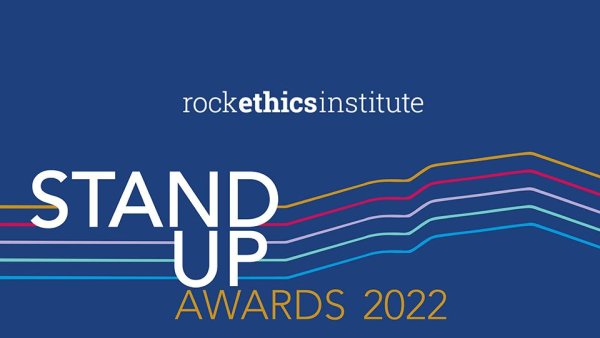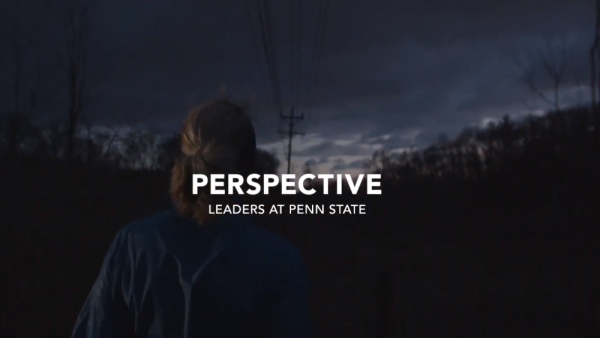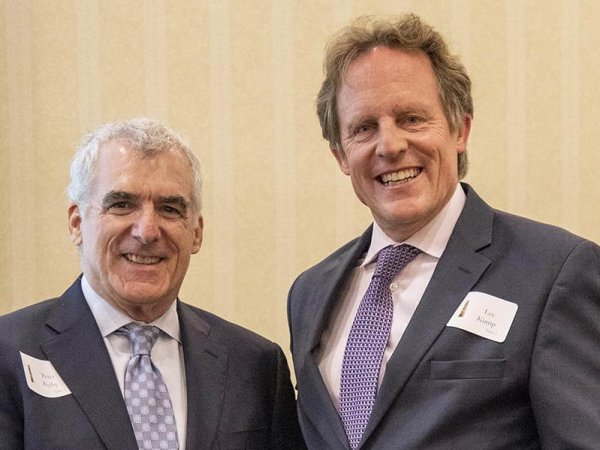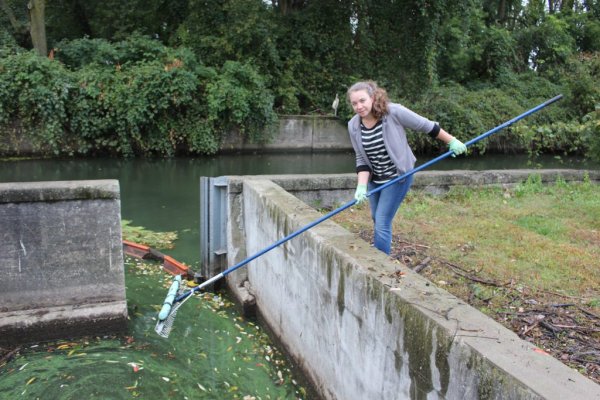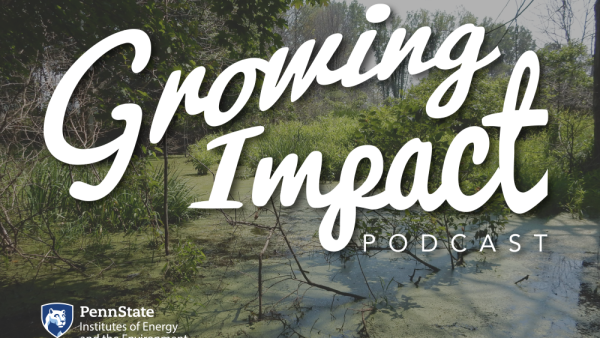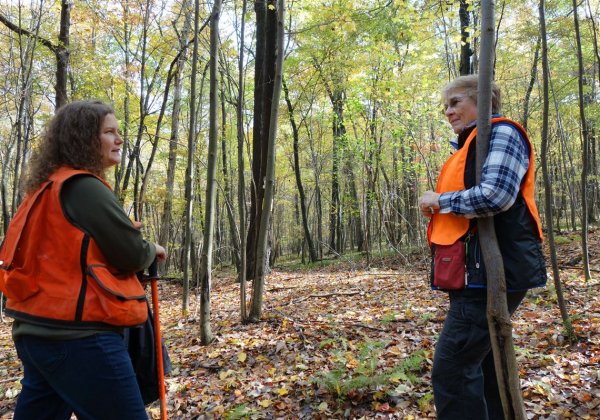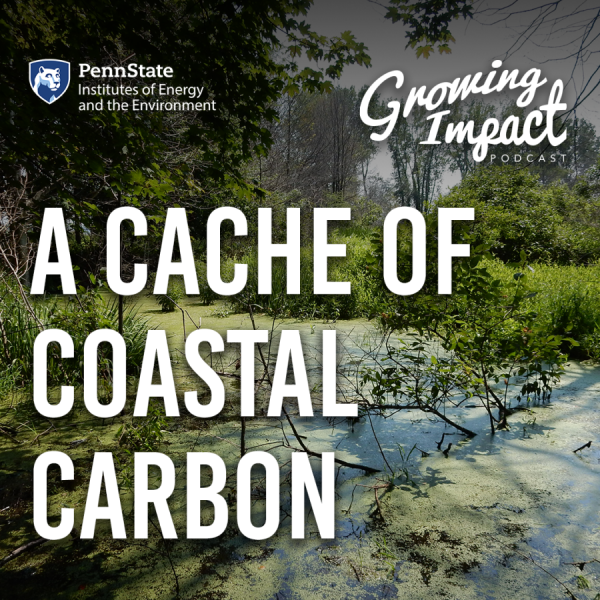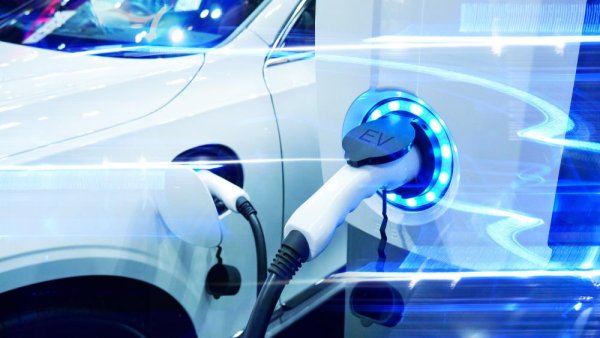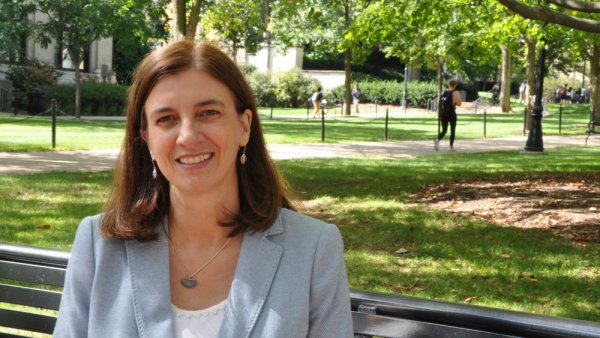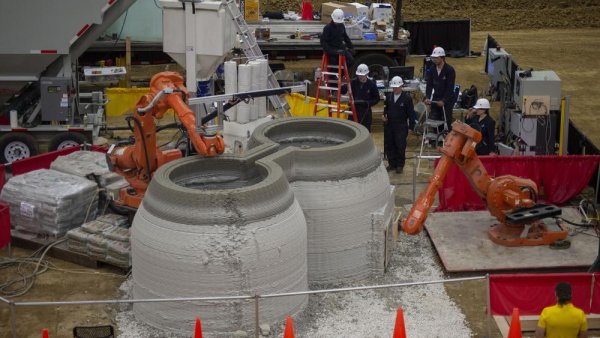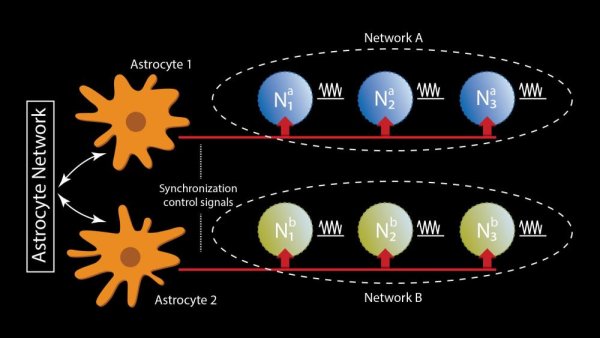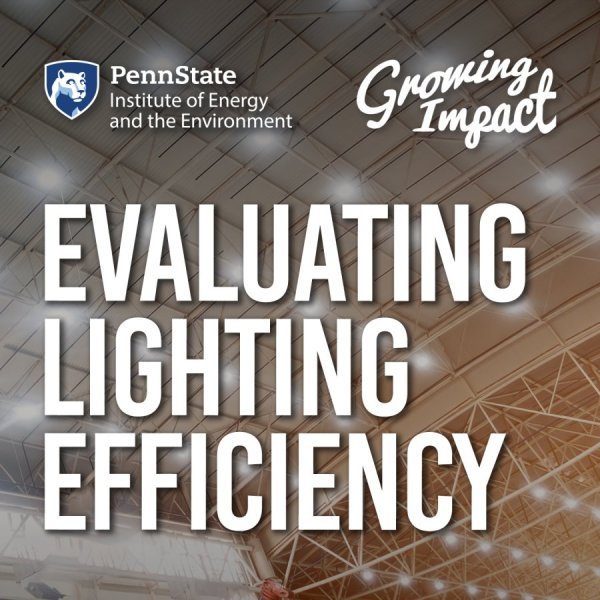Rock Ethics Institute accepting nominations for 2022 Stand Up Awards
| psu.edu
The Rock Ethics Institute is now accepting nominations for its 2022 Stand Up Awards. The annual Stand Up Awards recognize Penn State undergraduate students for their demonstrating ethical leadership by "standing up" for a cause, idea or belief. Nominations must be submitted online no later than Feb. 4, 2022.
Marie Hardin shares perspective on running and growth in a new video series
| psu.edu
In a new video series titled “Perspective: Leaders at Penn State,” Marie Hardin, dean of the Donald P. Bellisario College of Communications at Penn State, reflects on her love for running as an opportunity to find clarity and envision greater possibilities — particularly in the face of challenge and in times of being tested.
Energy, economics, investment expert earns GEMS alumni award
| psu.edu
Peter Rigby, a 1979 Penn State graduate in petroleum and natural gas engineering, was awarded the 2021 Graduates of the College of Earth and Mineral Sciences (GEMS) Alumni Achievement Award and accepted the award in September at the college’s Obelisk Society dinner.
People prefer climate change policies that give incentives, energy alternatives
| psu.edu
Taking action against climate change requires coordinated efforts and the support and cooperation of the public, and three new studies offer clues about the types of policies Americans are more likely to support and why.
How much plastic waste is ending up in rivers? This Penn State researcher wants to know
| alleghenyfront.org
Sherri Mason is calling on Coke, Pepsi and others to take responsibility for their plastic waste.
Growing Impact Podcast explores carbon stored in coastal wetlands
| psu.edu
On the latest episode of the Growing Impact podcast, Lisa Emili, an associate professor of physical geography and environmental studies at Penn State Altoona, discusses her seed grant project that focuses on the coastal wetlands of the Great Lakes and the role those environments play in carbon sequestration and climate impact.
Family-owned forests define Pa.'s landscape. Can they cash in on the carbon in their trees?
| post-gazette.com
Forest carbon markets have long been open mainly to owners of large forests growing many thousands of acres of trees. Now, The Family Forest Carbon Program is open to forest owners with as little as 30 acres and as many as 2,400 acres. Instead of tree-by-tree accounting, it calculates the carbon benefits of sustainable forestry practices that many small landowners agree to adopt.
Growing Impact: A cache of coastal carbon
| Featuring Lisa Emili
In this episode of Growing Impact, Lisa Emili, an associate professor of physical geography and environmental studies at Penn State Altoona, discusses her project titled “Coastal Carbon Dynamics in a Riparian Buffer Ecosystem, Lake Erie Basin,” which is investigating carbon accumulation in freshwater wetlands around the Great Lakes area. She and her team are interested in better understanding how these wetlands fit into the carbon cycle and how these areas can help impact climate change.
Drastically improved electric vehicle batteries possible with $2.9M grant
| psu.edu
In pursuit of commercially-adoptable electric vehicle batteries with twice the energy density and cycle life of current technology, Penn State researchers have been awarded $2.9 million from the United States Department of Energy.
New faculty fellowship to help advance diversity, equity, inclusion
| psu.edu
Laura Leites, associate research professor of quantitative forest ecology, has been named Penn State's inaugural Equity Leadership Fellow. The new fellowship in Office of the Vice Provost for Educational Equity aims to help faculty members develop as leaders in diversity, equity and inclusion while creating opportunities to make a positive impact at Penn State.
New Stuckeman exhibition showcases multidisciplinary 3D printing research
| psu.edu
A new exhibition will open on Nov. 3 in the Willard G. Rouse Gallery that highlights the multidisciplinary work researchers from the Stuckeman School and the College of Engineering are undertaking to create sustainable housing solutions on Earth and beyond using 3D-printing processes.
Key to resilient energy-efficient AI/machine learning may reside in human brain
| psu.edu
A clearer understanding of how a type of brain cell known as astrocytes function and can be emulated in the physics of hardware devices, may result in artificial intelligence and machine learning that autonomously self-repairs and consumes much less energy than the technologies currently do, according to a team of Penn State researchers.

